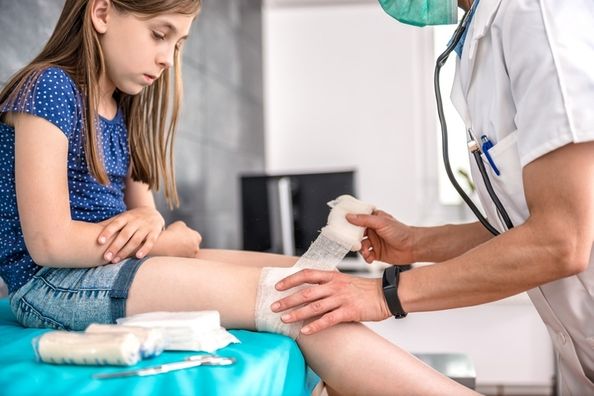According to the Centers for Disease Control and Prevention, nearly 71 million American adults have high cholesterol and only 1 out of every 3 adults with high cholesterol has their condition under control. In fact, people with high cholesterol have approximately twice the risk of heart disease than people with optimal levels. Plus, having high cholesterol puts you at risk for developing heart disease which is the leading cause of death in the United States.
What is cholesterol?
Cholesterol is a waxy substance that’s found in all cells of the body. Your body uses cholesterol to do several good things like make hormones, vitamin D, and substances that help digest food. Cholesterol is found in your body and also in some of the foods you eat. However, cholesterol cannot dissolve in water or blood, and can’t move around the bloodstream on its own. In order to travel around the body, it attaches to a protein, forming a lipoprotein. Depending on the make-up of the lipoprotein (more protein vs. more cholesterol) will determine whether the cholesterol moves through the body quickly to your liver, or more slowly leaving deposits as it goes.
There are two different types of lipoproteins that carry cholesterol through your body: low-density lipoproteins (LDL) and high-density lipoproteins (HDL). It is important to maintain healthy levels of both types of cholesterol. LDL is generally considered “bad” cholesterol because it builds up in your body, while HDL is considered “good” as it carries cholesterol from other parts of the body back to your liver for disposal.
People that have high cholesterol usually show no signs or symptoms — so many individuals don’t know their levels are too high. However, these heightened levels lead to a greater chance of developing coronary artery disease.
It is recommended that adults have their cholesterol levels checked once every five years. Talk to your physician about your cholesterol levels at your next appointment.
Health Topics:







